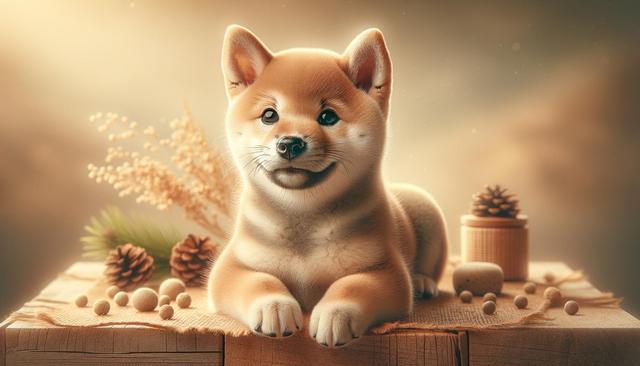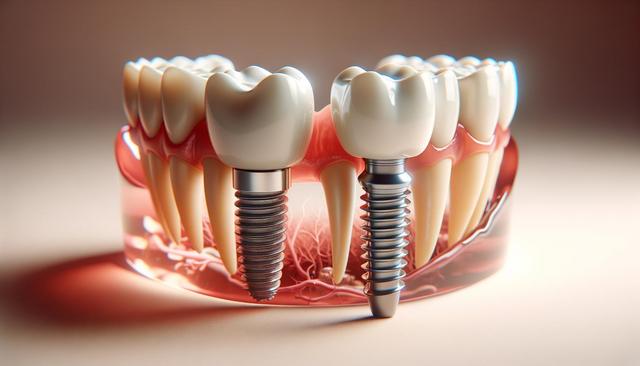Understanding the Shiba Inu Personality
Shiba Inu puppies are often described as bold, alert, and good-natured. Originating from Japan, they were initially bred for hunting, which contributes to their high energy and strong prey drive. These traits make them confident and sometimes stubborn, but also highly intelligent. Early socialization is crucial for Shiba Inus to develop into well-balanced adult dogs. They can be aloof with strangers but are typically very loyal and affectionate with their family members. Their strong-willed nature means they often like to do things on their own terms, which can be both charming and challenging for new dog owners.
Despite their independent streak, Shiba Inus are known to form a close bond with their owners. They thrive when given both structure and affection, responding well to calm, assertive leadership. However, their strong personalities require consistent boundaries and clear communication from an early age. Without proper guidance, they may try to assert themselves as the pack leader, which can lead to behavioral issues later in life.
Training a Shiba Inu Puppy
Training a Shiba Inu puppy can be an engaging yet demanding task. These dogs are smart and capable of learning quickly, but they also have a streak of independence that can make them seem uncooperative at times. Positive reinforcement techniques work best, such as:
- Treat-based rewards
- Clicker training
- Short, engaging training sessions
- Consistent routines
It’s important to start training early and to incorporate socialization from a young age. Exposing the puppy to different people, environments, and situations can help curb any future tendencies toward aloofness or aggression. Obedience classes can also be a great way for both owner and puppy to learn together while interacting with other dogs.
House training, crate training, and leash manners should be among the initial focuses. Shiba Inus are known for their cleanliness, which can make housebreaking easier compared to some other breeds. However, their curiosity and occasional stubbornness mean that patience and consistency are key throughout the training process.
Proper Nutrition and Exercise
Shiba Inu puppies have specific dietary and exercise needs that support their growth and energy levels. A balanced, age-appropriate diet is essential for developing strong bones, a shiny coat, and a healthy immune system. Always opt for high-quality puppy food that includes:
- Lean proteins (such as chicken or fish)
- Healthy fats for coat and skin health
- Essential vitamins and minerals
- Complex carbohydrates for sustained energy
Feeding should be done two to three times a day, and portion sizes should align with the puppy’s age, weight, and activity level. Regular vet checkups will help ensure that the dietary plan is working well and that the puppy is growing at a healthy rate.
Shiba Inus are active dogs that require daily exercise to stay mentally and physically stimulated. Without enough activity, they may develop undesirable behaviors like chewing or excessive barking. Suitable forms of exercise include brisk walks, playtime in a secure yard, and mentally stimulating games such as puzzle toys or scent tracking.
Grooming and General Care
Shiba Inus are relatively low-maintenance when it comes to grooming, but they do have a thick double coat that requires regular attention. While they are generally clean dogs, they shed heavily twice a year during seasonal changes. To manage this, owners should:
- Brush at least twice a week (daily during shedding season)
- Use a de-shedding tool to remove loose undercoat
- Bathe only when necessary to preserve natural oils
In addition to coat care, other grooming responsibilities include nail trimming, ear cleaning, and regular dental hygiene. Introducing these practices early in the puppy’s life helps them become routine and stress-free as the dog grows older.
Healthcare is another essential aspect of general care. Vaccinations, parasite prevention, and regular veterinary checkups are all important to ensure your Shiba Inu stays healthy and happy. Microchipping and ID tags should also be considered for added security, especially since this breed is known for its escape artist tendencies.
Living with a Shiba Inu Puppy
Bringing a Shiba Inu puppy into your home is a rewarding experience, but it also comes with its set of responsibilities. These dogs are best suited for owners who are patient, consistent, and committed to proper training. While they can adapt to apartment living, they do best in environments where they have space to move around and burn off energy.
It’s important to puppy-proof your home before your new companion arrives. Shiba Inus are curious and quick, and they may get into things they shouldn’t. Providing a variety of toys and safe chew items can help keep them occupied and out of trouble.
Family dynamics also play a role in how well a Shiba Inu fits into a household. They generally do well with children if raised together, but interactions should always be supervised, especially with younger kids. As for other pets, early socialization and careful introductions are key. Because of their strong prey drive, they may not always get along with smaller animals like cats or rodents.
Despite their strong-willed nature, Shiba Inus are deeply loyal and often form a unique bond with their owners. With the right approach, they grow into intelligent, affectionate, and entertaining companions that bring joy to any household.




Leave a Reply